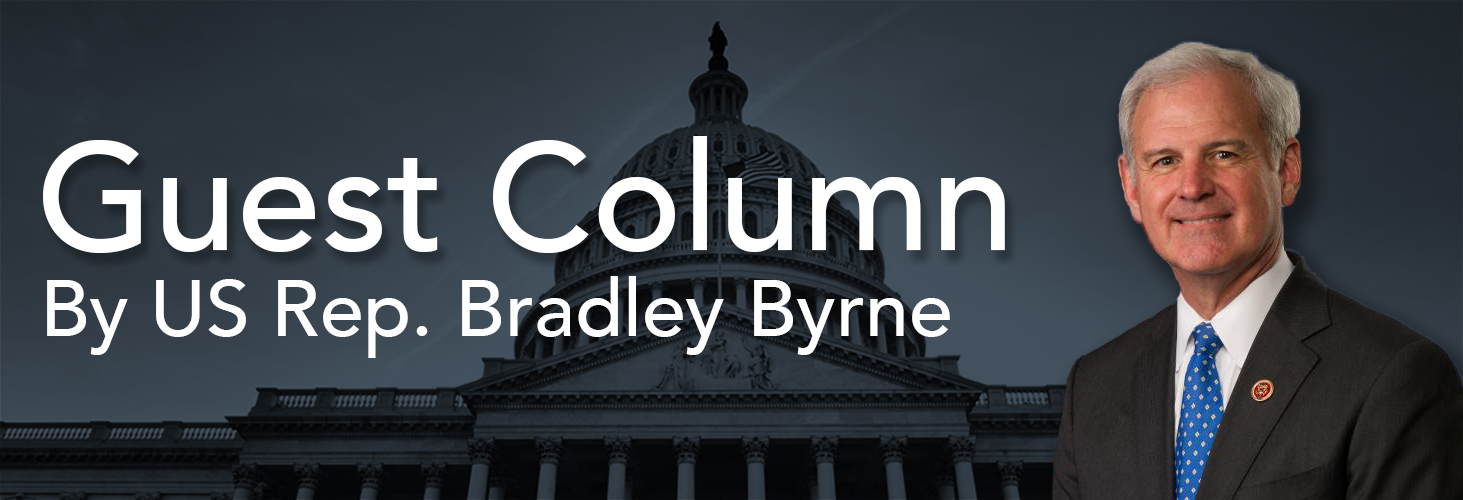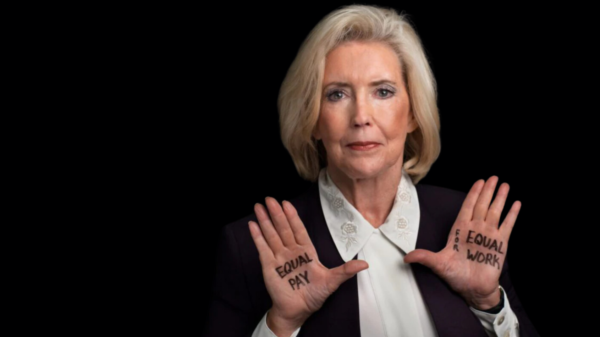By Congressman Bradley Byrne (AL-1)
Supreme Court Justice Antonin Scalia was a conservative stalwart who influenced a whole generation of legal opinions based on his strict interpretation of the Constitution. We lost a great American when he passed away at a Texas hunting ranch on February 13th.
Throughout his time on the Supreme Court, Justice Scalia was a big believer in a judicial philosophy known as “originalism.” Those who adhere to originalism believe that the Constitution should always be interpreted in terms of what it meant to our nation’s founders who ratified the document centuries ago.
This philosophy helped Justice Scalia make a number of critical rulings throughout his time on the Court, but one decision was particularly important to our nation. In the case District of Columbia v. Heller, Scalia wrote the opinion that made clear the Second Amendment means what it is says: every citizen of this country has a Constitutional right to own a gun.
Justice Scalia was intensely conservative and took his job on our nation’s top court very seriously, but he knew that there was an important line between personal relationships and political parties. Justice Scalia’s best friend on the Supreme Court was Justice Ruth Bader Ginsberg, one of the Court’s most liberal members.
When Justice Scalia died, Justice Ginsberg noted that she had lost her “best buddy.” Their relationship should inspire all of us to promote and hold a higher level of political discourse during a time of such strong partisan debate.
Justice Scalia was a remarkable individual who we will never be able to replace. Unfortunately, before Justice Scalia was even laid to rest, a political debate had broken out over the appointment of the next Supreme Court Justice.
With the death of Justice Scalia, the court now stands at a 4-4 divide. Four of the Supreme Court Justices have a liberal leaning while four of the Justices have a conservative leaning. That is why the next appointment to the Court is so important. If we make a mistake, it could have a lasting impact on the Supreme Court, and in turn, on our country.
Article II, Section 2, Clause 2 of the Constitution says that the President “shall nominate, and by and with the Advice and Consent of the Senate, shall appoint Ambassadors, other public Ministers and Councils, Judges of the Supreme Court, and all other Officers of the United States.” This provision makes clear that the Senate, and not the House of Representatives, is responsible for confirming Presidential appointments.
So while President Obama absolutely has the authority to nominate a new Supreme Court Justice, members of the Senate have the authority to vote down or block a nominee. I think that is what they should do until we have a new President.
Democrats are arguing that waiting to let the next President fill the vacancy on the Supreme Court is somehow in violation of the Constitution. That couldn’t be further from the truth. In fact, current New York Democrat Senator Chuck Schumer declared in 2007, at the end of President George W. Bush’s presidency, that the Senate “should not confirm any Bush nominee to the Supreme Court except in extraordinary circumstances.” Now, he is one of the same Senators attacking Republicans for vowing to do the same.
This decision is too important to be made by a lame-duck President with less than a year left in his presidency. We should let the American people pick a new President. Then, whoever that person may be, they should be the one to fill this critical vacancy. That is just the right thing to do.























































